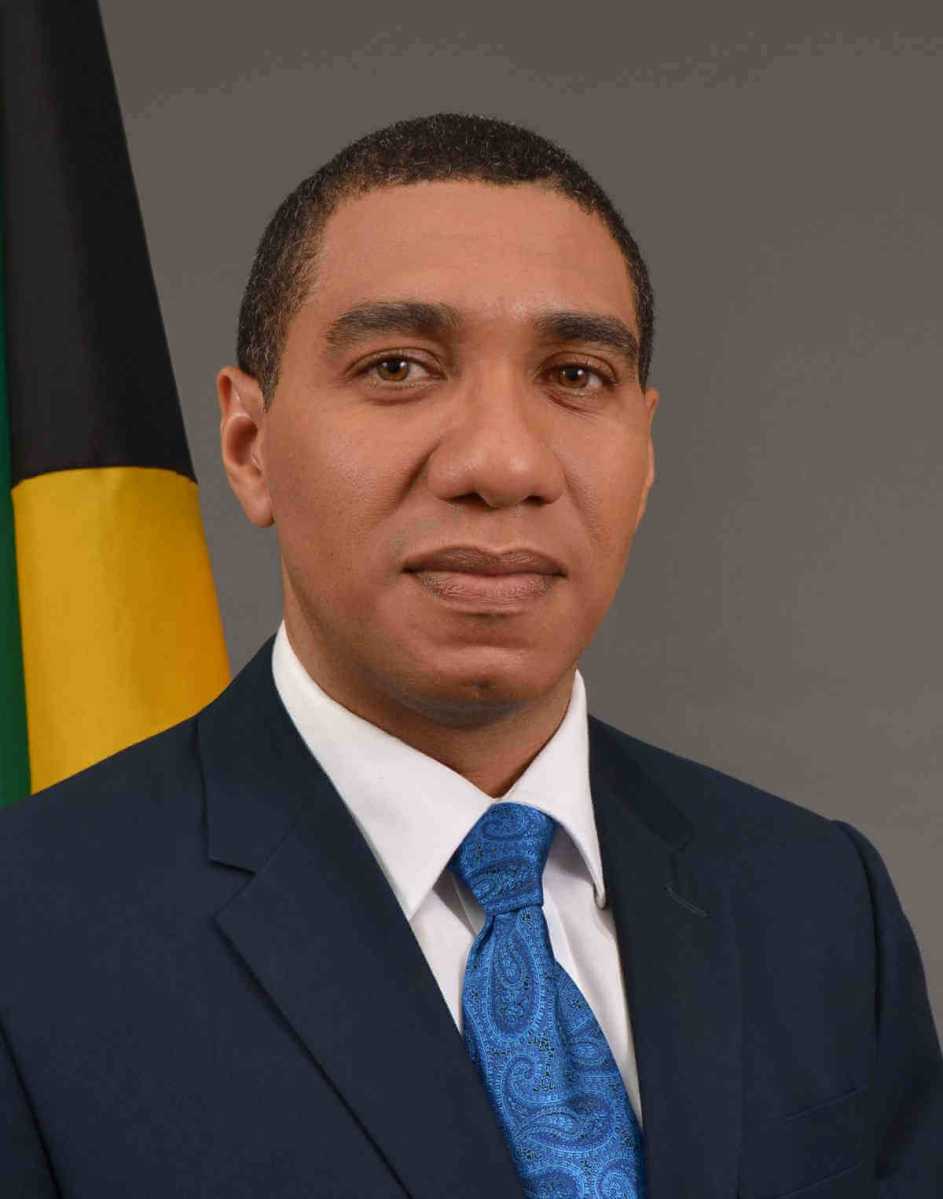A very firm decision has been taken for Jamaica to use 60th independence anniversary celebrations next August to transition to a republic but the main opposition People’s National Party (PNP) says it is the very governing Jamaica Labor Party (JLP) which had in fact derailed previous attempts to make the switch and to abandon the British Privy Council as Jamaica’s final appeals court.
Apparently shamed into action after watching fellow Caribbean Community member nation, Barbados, make a rather seamless transition to a republic at the end of last month, there is now a mad scramble in Jamaica to set things up before the island’s diamond jubilee celebrations rolls around in eight months.
Former Justice Minister A.J. Nicholson this week accused the JLP of pushing against all previous unified attempts to change Jamaica’s constitutional requirements to allow for republican status and the installation of a local president as head of state instead of Britain’s Queen Elizabeth. Nicholson said the PNP had wanted to establish a united front with the JLP to clear referendum hurdle requirements and tenants in the constitution to eliminate the Privy Council and switch to the Trinidad-based Caribbean Court of Justice (CCJ). Nicholson says that while the PNP government had agreed to most suggestions from the (JLP) on republicanism and the CCJ, the process was derailed by several factors including an apparent boycott of important joint committee hearings by the JLP.
“The opposition leader duly accepted the prime minister’s invitation to name representatives to serve as members of the preparatory committee. Neither of his two nominees, however, attended even a single meeting of the committee. Indeed, the broad agreement from every quarter that had existed in Jamaica along the Independence journey since the 1960s concerning delinking from the council came to an abrupt end in the late 1990s with the decision of the JLP that they were no longer any support of Jamaica acceding to the jurisdiction of the proposed regional court,” the Observer newspaper quoted him as saying.
The island can only become a republic if a referendum so approves. This is the reason why former prime minister and elder statesman P.J. Patterson wrote both parties urging them to work together and share platforms that would campaign for a positive outcome from a referendum. In the case of Barbados, the governing party was able to avoid such hurdles because it has 29 of the 30 parliamentary seats or way more than the two third parliamentary requirements to change the constitution. If and when Jamaica makes the transition, it will join Guyana, Trinidad, Dominica and now Barbados in abandoning what is widely regarded as a break from the last vestige of colonialism.
Earlier this week, PM Andrew Holness gave the clearest indication yet that Jamaica will be a republic in the coming months. He told a ceremony the time had indeed come.
“It’s just amazing the potential that exists, 60 years of independence and the 60th year has generated much interest in our status as a nation and those questions will be addressed shortly. I’m certain those who have ears to hear those vague terms will understand them until it is time to have that full and direct discourse, which that process has started,” Holness said.
Attorney General Marlene Malahoo Forte has also said that work to change the constitution is on schedule “and I do believe that, in due course, perhaps early in the new year [an announcement will be made. When we go into January the time is going to be taken up with the budget process to come and then, by the time the budget debate and the sectoral debate are over, something concrete will be announced by then. He (PM) has given instructions to myself as attorney general and minister of justice to immediately commence the work of advising on the work of reforming the constitution.”


























